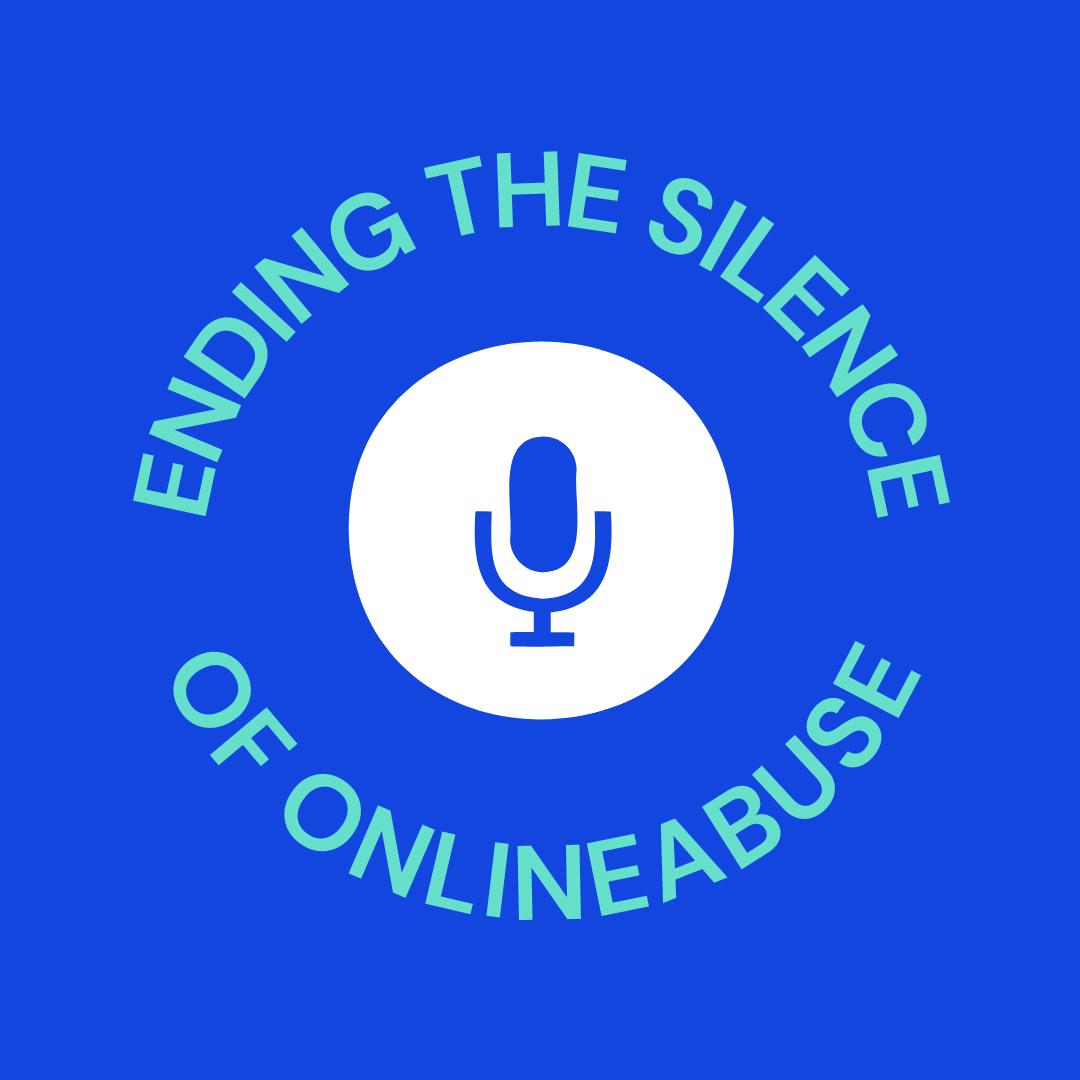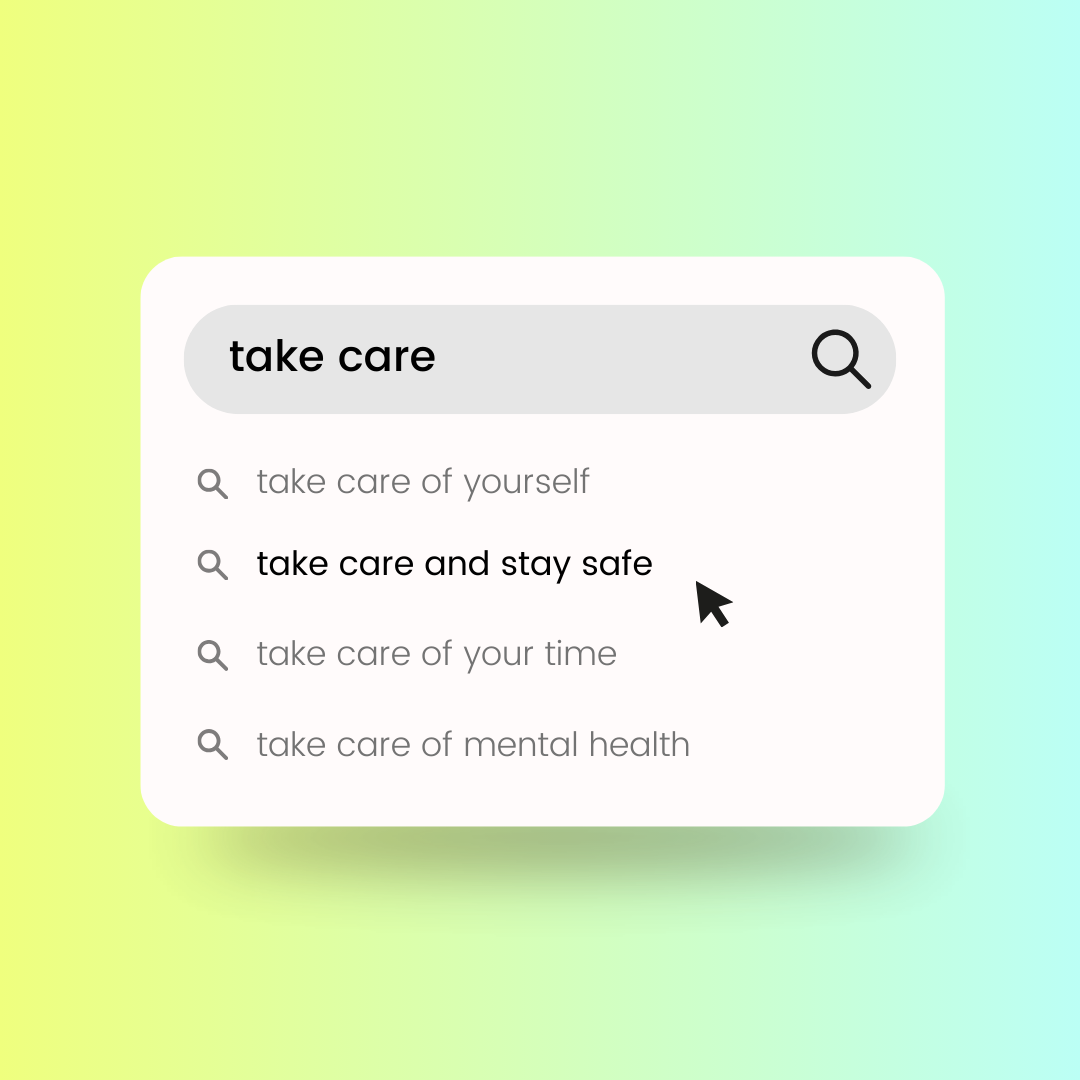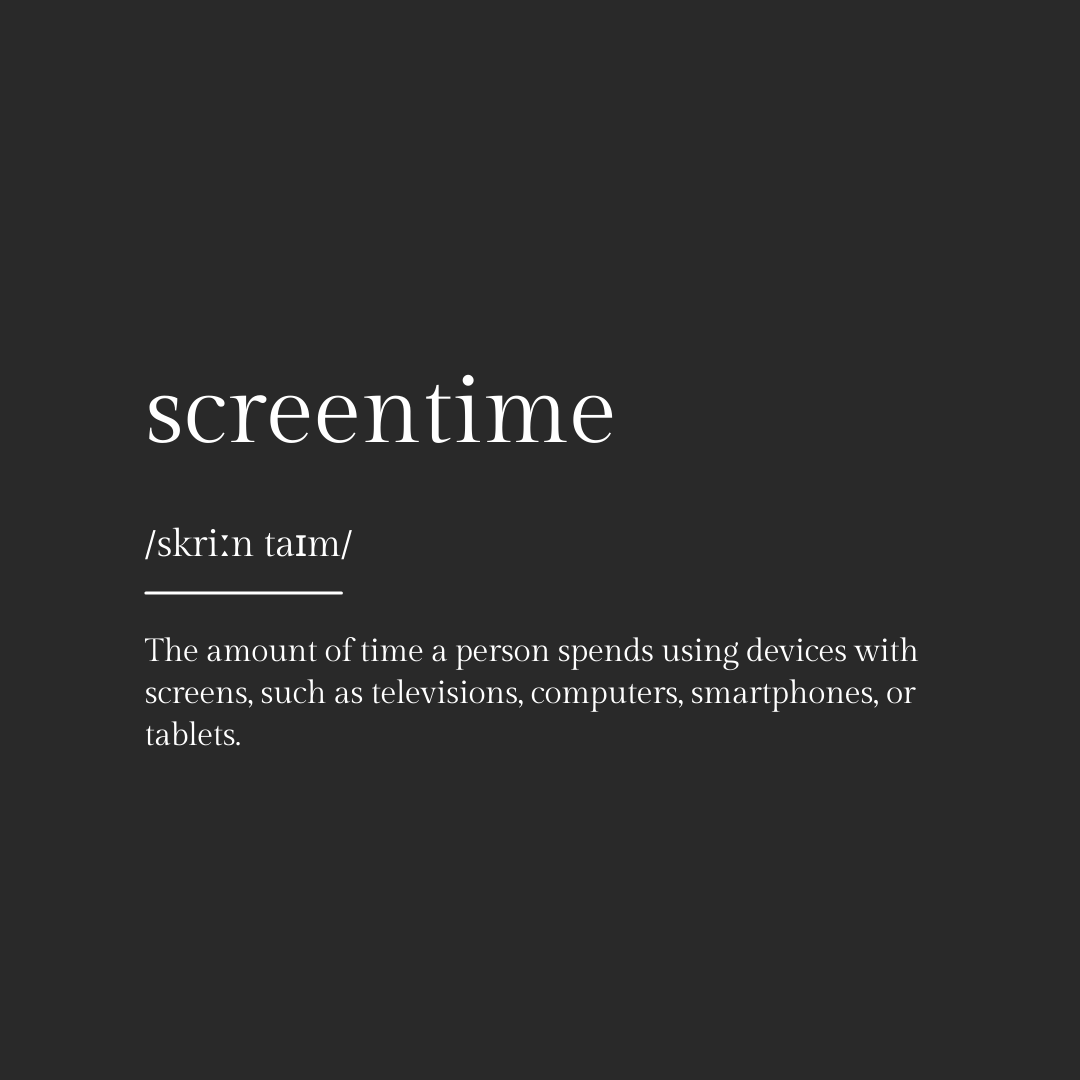Guidance Over Silence
It’s easy to stay silent amidst vulnerable situations, but this only makes life harder. Choose to reach out for guidance with all digital dangers.

Sometimes staying silent is the easier choice, but that doesn’t mean it’s the right choice. I know that might be hard, but trust me it’s the right thing to do. Oftentimes, we choose to stay silent about things that bother us because it will most likely become more complicated the minute we let someone know. This is true for anyone, but especially true for young people.
Did You Know?
“1 in 7 minors who experienced an online sexual interaction did not disclose their experience to anyone” (Thorn).
Honestly, when I read this statistic I wasn’t shocked. If anything, I found it normal – an immediate red flag.
We, as a rising generation, are so good at concealing our vulnerability – mostly because signs of weakness result in public humiliation or overstressed worrying.
For instance, I was disinclined to tell my parents about my rough days at school because sparking a conversation with them meant having to relive the excruciating moment.
My room wasn’t such a happy place and everything made me mad – it was like no one understood me. This is when I realized all of this internal negativity was a direct result of my own choices. I chose to keep my feelings a secret, I chose to suppress the bad things that happened to me. It was then that I learned to open up to others and seek guidance in the wisdom of my parents, my siblings, and my peers.
Don’t get me wrong, there are always things that occur in life that should remain private, but online danger and non consensual interactions are not one of them. You must prioritize your own well being, both online and in the real world. How? Again, it’s tricky. You may begin to feel inclined to receive help from others, but don’t know how to approach it without letting your guard down or having people bombard you with their over-reactive care for you. In my experience, I’ve learned that the best way to get help for yourself is to talk to others about the experiences in general terms.
Instead of approaching someone to tell them about a dangerous online occurrence that happened to you, ask them how they’d react to the occurrence if it happened to them. This way, you are creating a conversation between two outsiders, as opposed to a therapy advice session. Furthermore, this may lead down a conversation about other topics about digital safety that could benefit both yourself and the person you are sharing the conversation with. There are so many ways that you can help yourself, and prevent the depravity of the digital world causing detriment in your real world.
In this modern era, asking for help and advice is something that continues to become a norm. Mental health and safety is something that this generation truly cares about, and digital mindfulness is a large factor in it. Do yourself a favor and start the conversation about an experience you’ve had.
- Tip 1 – Be Proactive Description: Proactivity in being verbal and communicative about your digital experience is key to well-being. Don’t wait, start the conversation.
- Tip 2 – Express Vulnerability Description: While your vulnerability can be the leading factor to your reluctance to share your digital experiences, it can be the savior to your well-being because it allows for healthy conversations.
- Tip 3 – Think Generally Description: When approaching others for help or advice about your digital experiences, shift the perspective into general terms. The situation you talk about doesn’t necessarily have to be about you, it could happen to anybody. This gives you a chance to understand someone else’s true perspective, without a bias towards you.
- Tip 4 – Think Impact Description: By helping yourself through digital experiences, you could be helping someone else going through a similar thing. If you’re reluctant to ask for help or advice, think about how your choice in doing so could positively impact this life of another.
- Tip 5 – Remember You Aren’t Alone Description: It’s easy to think you are alone in any situation, especially if it’s an online one. But, there are 8 billion people in this world – there’s a good shot someone else is going through the same thing. Don’t be shy to reach out and find a meaningful connection through your life experiences.

Author: Cayden, 16
NoFiltr Youth Innovation Council Member, Digital Resource Expert
Need to talk?
Text NOFILTR to 741741 for immediate assistance.



